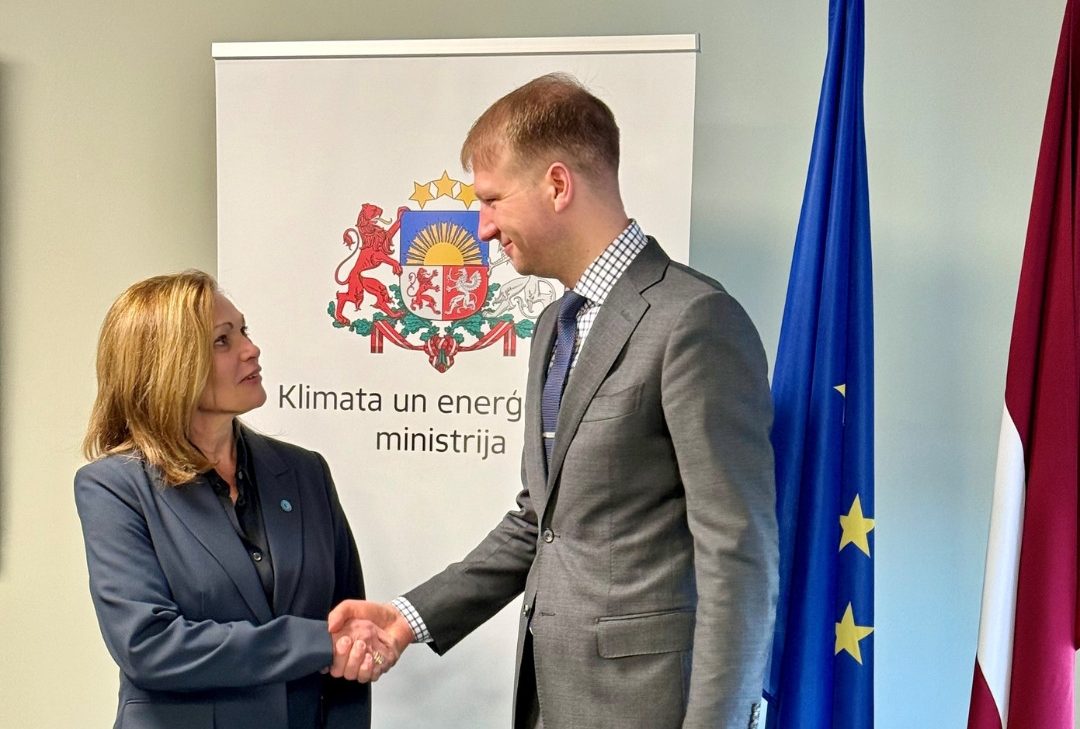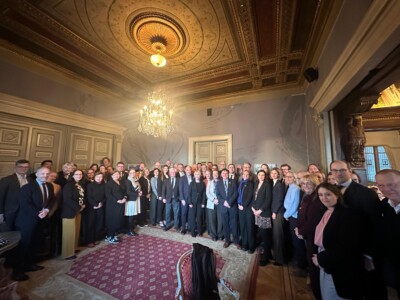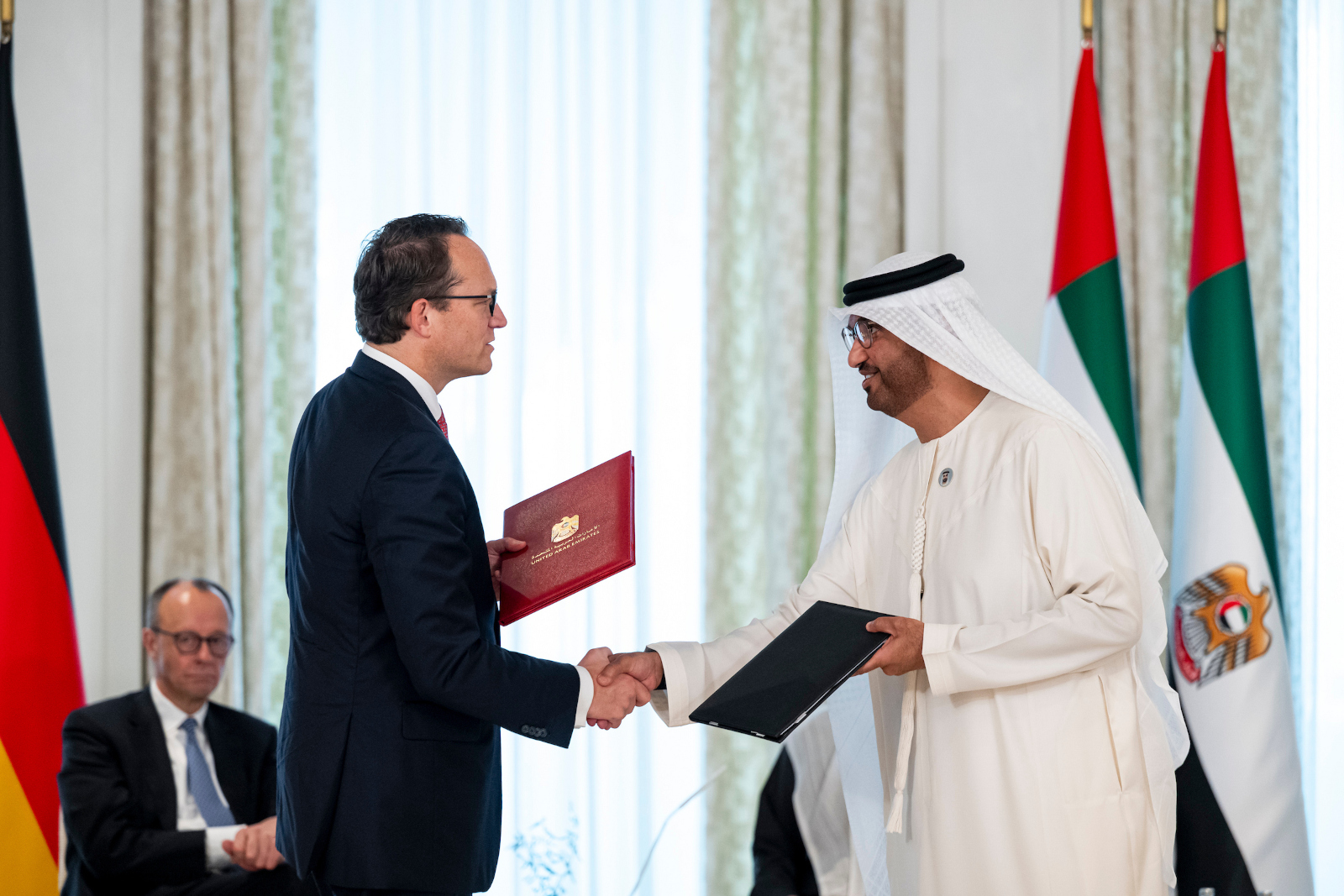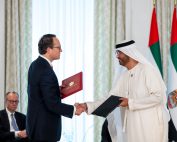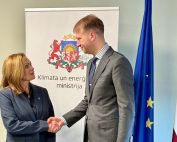In next spring’s municipal elections, decisions will be made not only about Finnish renewable energy projects but also about the future of Finland’s economic growth. Municipalities play a direct role in many key aspects of renewable energy projects. Renewables Finland believes that municipalities’ decision-making authority and influence must remain strong in the preparation phase of projects. This ensures that every municipality can benefit from the advantages brought by energy projects.
The benefits of wind and solar energy projects are clearly felt in municipalities, where they boost the economy through property tax revenue, job creation, and attracting additional investments. The greatest financial benefit from renewable energy projects comes from property tax revenue, which already strengthens the finances of dozens of Finnish municipalities. In 2024, 33 municipalities in Finland will see over 20% of their property tax revenue come from wind and solar farms. The largest share will be in Simo, where approximately 69% of property tax revenue in 2024 will be generated by wind farms.
“We are pleased that Simo has strong conditions for domestic renewable energy. In line with our municipal strategy, we have consistently supported renewable energy projects. Our goal is to ensure the vitality of the municipality, balance municipal finances, and promote the well-being of our residents. It is a pleasure to announce that the largest investment in our municipality’s history, a new unified school, is now being built thanks to our successful decisions and particularly the property tax revenue from wind power,” explains Vivi Marttila, Mayor of Simo.
Municipalities and renewable energy are partners
Renewable energy developers are partners to municipalities, and municipalities must continue to play a strong role in preparing renewable energy projects. According to Renewables Finland, the property tax from renewable energy should continue to go to the municipality where the plant is located.
“In the partnership between renewable energy and municipalities, Finland outperforms our neighbor Sweden – especially in wind power. In Finland, local municipal democracy prepares the zoning for wind farms, while in Sweden municipalities only have veto power over projects. Another strength is Finland’s property tax model, where the tax is allocated to the municipality where renewable energy production and its impacts occur. In Sweden, the tax goes to the state, although they have now started looking to Finland for guidance in reforming their taxation,” explains Matias Ollila, Director of Advocacy at Renewables Finland.
The decision-makers elected in the municipal elections will play a crucial role in enabling renewable energy projects. Their decisions can either support or block projects, impacting local economies, employment, and progress toward climate goals. Renewables Finland encourages emphasizing the significance of renewable energy for municipalities and the whole country in election discussions.
Source: Renewables Finland


